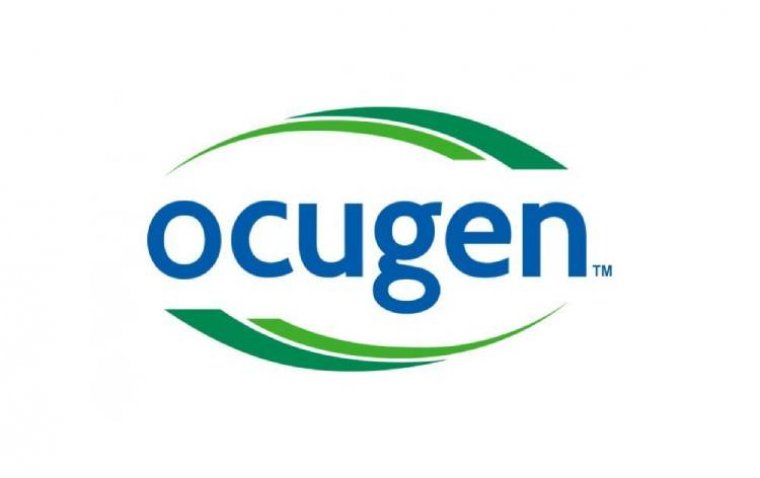
Pantheon Vision Receives Further Funding to Boost Bioengineered Corneal Implants Development
Pantheon Vision, a pioneering medical device company in the pre-clinical stage focused on developing bioengineered corneal implants, has secured an additional $1.8 million in funding. This recent financial boost is part of a second tranche from KeraLink International (KLI), following a substantial initial investment of $2.5 million from the same organization last year.
The cumulative total of funds raised by Pantheon Vision now stands at an impressive $4.3 million. This influx of capital is earmarked for the further development of the company's innovative bioengineered corneal implants, a project aimed at significantly reducing the dependence on donated corneal tissue.
Addressing the Global Need for Corneal Implants
The need for such an alternative is particularly acute in low- and middle-income countries, where access to donated corneal tissue is often severely limited. Pantheon Vision's work in this area represents a crucial step forward in addressing this global health challenge. The company has announced plans to engage with the U.S. Food and Drug Administration (FDA) in the forthcoming months. This dialogue is intended to refine and guide the global product development strategy, ensuring that the bioengineered corneal implants can reach those in need as efficiently as possible.
John Sheets, President and CEO of Pantheon Vision, expressed his gratitude for the continued support from KLI, highlighting the shared commitment to combating corneal blindness worldwide. "The additional funding from KLI positions Pantheon Vision to advance our bioengineered corneal implants to treat corneal blindness," Sheets stated. "We are grateful for the support from KLI, which shares our passion for finding alternative solutions for curing corneal blindness globally."
Bioengineered Corneal Implants
Bioengineered corneal implants represent a groundbreaking advancement in ophthalmology, offering a beacon of hope for those suffering from corneal blindness. These implants are crafted from synthetic or biological materials that mimic the natural properties of the human cornea, providing a sustainable and readily available alternative to traditional corneal transplants. By eliminating the need for donor tissue, bioengineered corneas significantly reduce waiting times for surgery and lower the risk of transplant rejection.
This innovation is especially crucial for patients in areas where access to donor corneas is limited or nonexistent. As research and development continue to progress, bioengineered corneal implants hold the promise of restoring sight to millions of individuals worldwide, transforming the landscape of treatment for corneal diseases and injuries.
(1).jpg)










